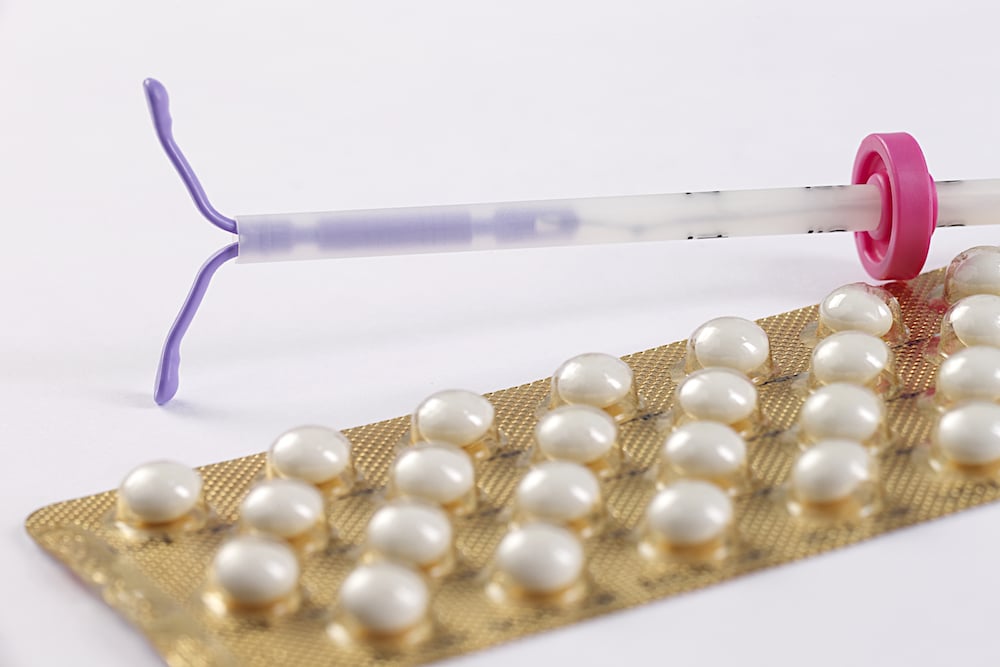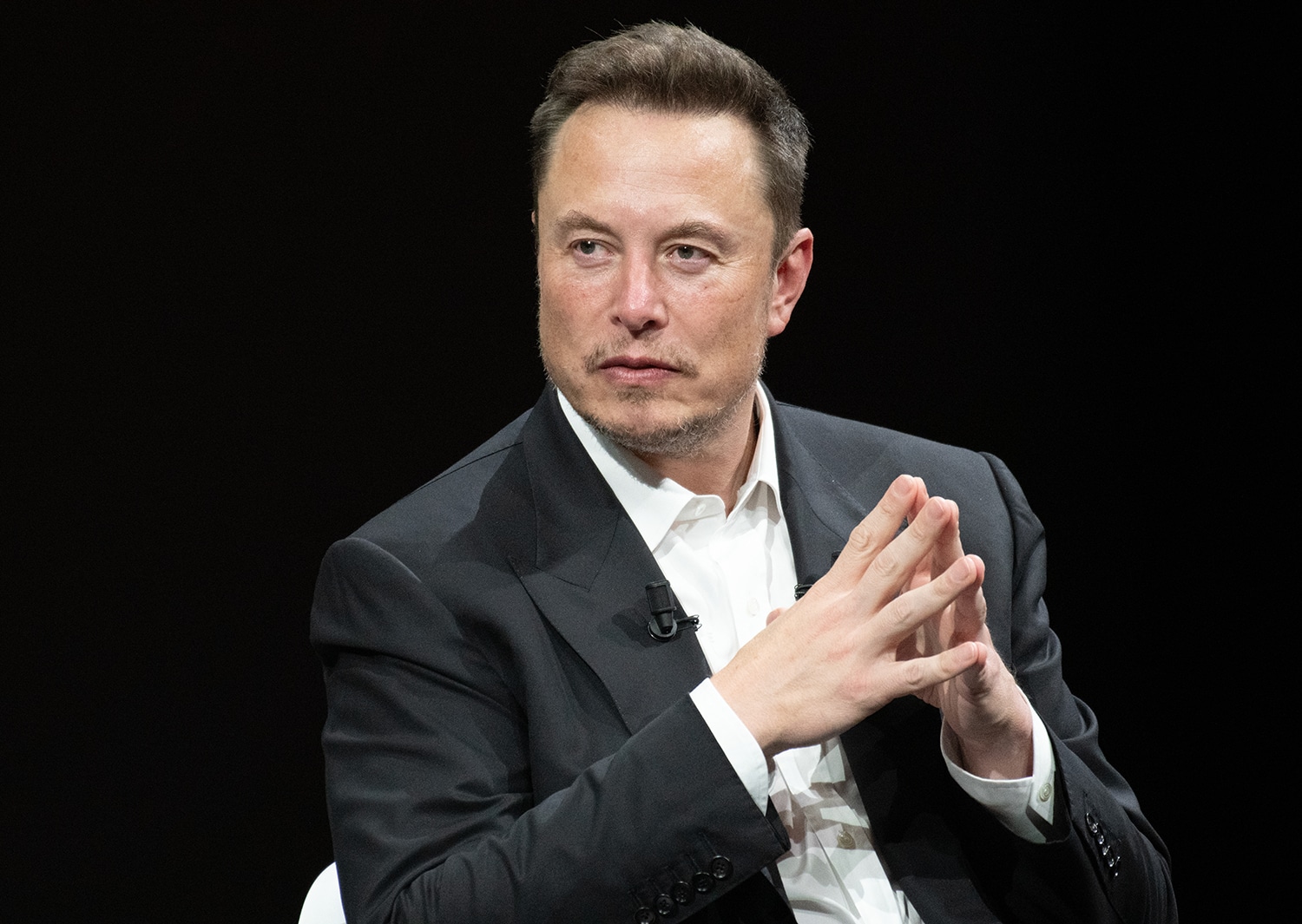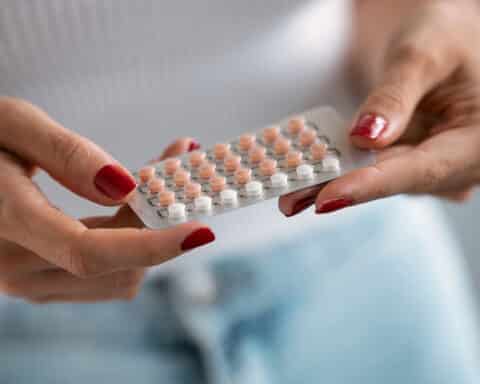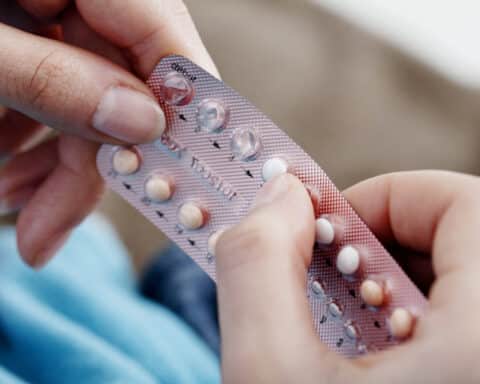Fertility experts are confirming the risks associated with hormonal birth control — such as pills, implants, IUDs, injections, skin patches, vaginal rings — after businessman Elon Musk sparked an online conversation about the issue.
“We’re seeing a real sea change in women starting to question the wisdom of putting synthetic hormones into their bodies,” Grace Emily Stark, editor of Natural Womanhood, a non-profit promoting fertility awareness and fertility charting as essential tools for women’s health, said.
She added: “Women are starting to wise up to the fact that it doesn’t make any sense to look for hormone-free meat at the grocery store, hormone-free milk, but then to pop a pill full of hormones every morning.”
Stark, together with Dr. Marguerite Duane, executive director of FACTS about Fertility, and Anna Halpine, the CEO of FEMM, a comprehensive women’s health program that offers a fertility app, spoke with Our Sunday Visitor after Musk posted about hormonal birth control on the social media platform X, formerly Twitter, which he owns.
“Hormonal birth control makes you fat, doubles risk of depression & triples risk of suicide,” Musk, who is perhaps best known for heading Tesla and SpaceX, wrote on Feb. 16. “This is the clear scientific consensus, but very few people seem to know it.”
‘We can do better for women’
While Stark, Dr. Duane, and Halpine did not confirm the numbers Musk cited, they agreed that he touched on a real issue: Hormonal birth control is associated with risks to women.
Referencing an article published in “American Family Physician” in 2010, Dr. Duane noted that “almost two-thirds of women who stop using birth control pills do so due to side effects.”
Dr. Duane, a family physician, is co-author of a systematic review that showed women who use hormonal birth control have a three to nine-fold increased risk of blood clots, which may lead to an increased risk of death.
“There are many adverse effects associated with hormonal birth control that can affect almost every aspect of a woman’s health, including her mental health and metabolic health,” Dr. Duane said. “To make truly informed healthcare decisions, women need to be given accurate information about the risks associated with these drugs and they also need to be informed about all their options, including natural or fertility awareness-based methods, which have no medical side effects.”
For her part, Halpine stressed that “We can do better for women.”
“Hormonal birth control changes women’s hormones, which is the reason that many women on birth control experience so many side effects such as weight gain, depression and, particularly in adolescence, increased risk of suicide,” she said. “This hormone change impacts every system in a woman’s body.”

FEMM, she said, offers an alternative: They listen to their patients and provide individual care to get to the root cause of symptoms.
“One of the things we see,” she said, “is that the side-effects of birth control, including weight gain and depression, are often the very symptoms women went on birth control to fix.”
Looking at the data for suicide and depression
On X, Musk shared two links: one to a TIME story about a Danish study published in the “American Journal of Psychiatry” in 2017; the other, to an article published in the “British Journal of General Practice” in 2018 citing the same data. Both highlighted the Danish study, which found that “use of hormonal contraception was positively associated with subsequent suicide attempt and suicide.”
Stark, who previously wrote about Musk’s post for Natural Womanhood, addressed the accuracy of his statement on X.
“There’s definitely some truth — a lot of truth — in his tweet, but I do think it needs nuance because, obviously, it’s really easy for somebody to read that and say, ‘Oh, that hasn’t been my experience on birth control,’ or, ‘I know so many people who are on it and they haven’t gotten fat,’ or ‘My doctor tells me birth control doesn’t work that way,'” she cautioned.
“But when you look at the data and you look at, kind of, the reasoning behind why some people do experience these things, it does make sense, because we know how birth control works, we know how it affects the body,” she added.
In particular, she pointed to large, thorough studies out of the University of Copenhagen in Denmark that she said validate the associations with depression and suicide.
In her Natural Womanhood piece responding to Musk, Stark links to one of these studies: In 2016, one Danish study published in “JAMA Psychiatry” found an increased risk for first use of an antidepressant and first diagnosis of depression among women who use hormonal contraception.
Stark also named harms that Musk missed in her Natural Womanhood piece, including associations with cervical cancer, pseudotumor cerebri (increased pressure inside the skull), and an alteration of women’s attraction to men.
Hormonal birth control use, she wrote, “also has an association with the development of certain autoimmune disorders, such as Crohn’s, Multiple Sclerosis (MS) and Lupus, and why, exactly, the pill might cause some women to gain weight.”
Realizing the risk to teenagers
While speaking with Our Sunday Visitor, Stark highlighted that hormonal birth control poses a heightened risk for teenagers.
“What I do know for certain is that the mental health issues, both the anxiety, depression and suicidality, are far worse in teens,” she said. “That’s kind of what’s missing, I think, to really drive [Musk’s] tweet home even further: Is that that is one set of risks that, in particular, are so much worse for teenage women than adult women.”
The Danish studies that both Musk and Stark shared agree. The 2017 study looking at suicide that Musk linked to finds, “Adolescent women experienced the highest relative risk,” while the 2016 study that Stark linked to summarizes, “Use of hormonal contraception, especially among adolescents, was associated with subsequent use of antidepressants and a first diagnosis of depression.”
Stark added that women, especially those who start birth control earlier, face a heightened risk for breast cancer, which Natural Womanhood also addresses.
Addressing weight gain
The weight gain risk associated with hormonal birth control needs a bit more nuance, Stark, who has written on the topic before, said.
“There’s a lot of different thinking around why some women do seem to see weight gain, having to do with the fact that [hormonal birth control] basically makes your body think that you’re in the second-half of your cycle permanently … so that it won’t try to ovulate again — and that’s how it prevents pregnancy,” she said. “And in the second-half of their cycles, women tend to eat more because, during that phase of your cycle, your body is in preparation for gestating-the-baby mode.”
“If your body always thinks it’s in we-need-to-eat-all-the-things mode to prepare for a baby,’ yeah, you might see some weight gain with that,” she added. “So it’s not necessarily the birth control that’s doing it, but it might be the way it changes your behavior that’s causing you to gain weight.”
Sharing a message for Musk
With this issue, Stark encouraged Musk to keep digging.
“Once you start going down the rabbit hole, you start to really realize just what a bill of goods we’ve been sold — not only as women, but really as a culture — about birth control and what it was supposed to be for us,” she said.
She called it one of the more misogynistic things to happen to women.
“Because it shuts down women’s cycles, it stops them from behaving like women, from their bodies functioning like women are supposed to function,” she explained. “What’s unsaid is that the male body is the normative body, and birth control kind of makes us function more like men.”
“When you start peeling back the data on the risks — the health risks — then kind of the broader picture starts to become unveiled,” she added. “That this has all been really bad — bad for us as women and as a culture — and that, in reclaiming our cycles, in reclaiming our femininity, we’re really doing something powerful not only for our own health, but for our culture and for our society.”





